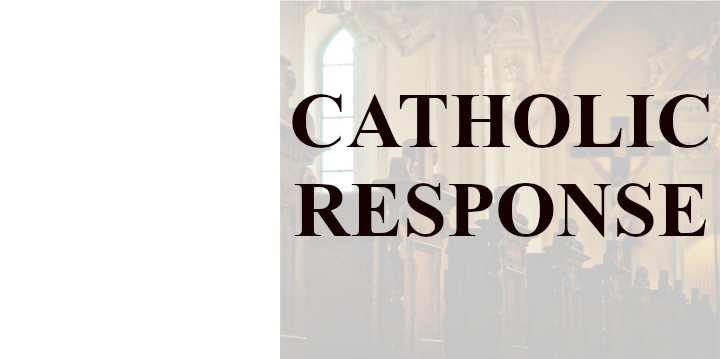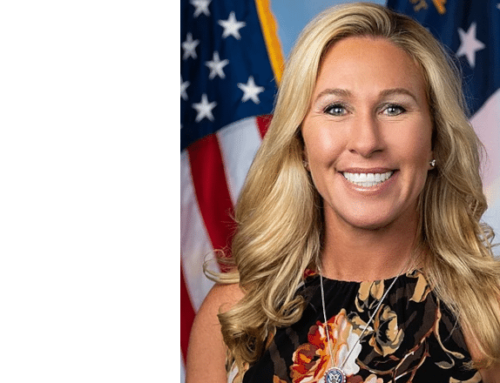Last month we posted a two-part series on how the medical profession has adopted the anti-science perspective on transgenderism. Today we are showing how Catholic medical associations remain faithful not only to the teachings of the Church, but to science as well.
Catholic Medical Association/ Linacre Quarterly (Journal)
November 2019: Linacre Quarterly reported that “often, a significantly higher percentage of transgender children, compared to controls, featured preclinical or clinical levels of anxiety. Parental support of transgender children may temporarily reduce levels of poor mental health for some transgender children, but it does not appear to eliminate those problems for all transgender children.”
February 2020: The Catholic Medical Association argued that “the care of people with gender dysphoria must be held to the same ethical and evidence-based standards demanded in other areas of medical practice. Despite claims to the contrary, there is so much that we do not yet know about sex-gender discordance. This makes it difficult if not impossible to adequately assess the long-term risks versus benefits of gender affirming medical interventions”
September 2023: The Catholic Medical Association noted that “when [gender dysphoria] occurs in the pre-pubertal child, it resolves in 80-90 percent of children by late adolescence as they naturally develop through puberty and gender awareness aligns with biological sex (Cohen-Kettenis, Delemarre-van de Waal, Gooren, 2008). Some of these adolescents may manifest same-sex attraction but without the desire to undergo sex reassignment.”
September 2023: The Catholic Medical Association posited that “puberty blockers are associated with depression and other emotional disturbances related to suicide. Furthermore, data support that in the long run transitioning may even exacerbate the psychological distress that could lead to suicide.”
National Catholic Bioethics Center
February 2017: National Catholic Bioethics Center released a statement arguing that “policies requiring affirmation of a ‘transitioning’ person’s perceived gender identity, including access to sex specific facilities and services, amount to formal cooperation with gender transitioning and are immoral.”
February 2017: National Catholic Bioethics Center released a statement arguing that “resolutions and policies of medical associations and legislative and regulatory actions promote so-called gender affirmation and gender transitioning, even in prepubescent children, and mandate the compliance of schools, health care providers, health care payers, social services, and others. Such regulations are coercive and based on a false understanding of human identity. Gender transitioning insists on affirming a false identity and, in many cases, mutilation of the body in support of that falsehood.”
February 2017: National Catholic Bioethics Center released a statement arguing that “attempts at gender transitioning can, in fact, have disastrous effects in the life of a person who continues to struggle to better understand and accept his or her own true value and full identity. Studies show that the surgical interventions do not ultimately resolve feelings of anxiety and dysphoria and appear to lead to a significant increase in attempted or completed suicides.”







